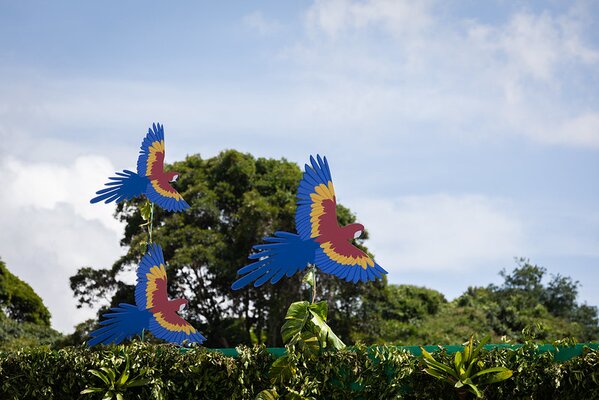11 November 2025
COP30 – the 30th annual United Nations Framework Convention on Climate Change (UNFCCC) Conference of the Parties – takes place from November 10–21, 2025 in Belém, Brazil. The summit convenes government leaders, negotiators and industry stakeholders to accelerate global action on climate change, with a focus on forestry, land use, adaptation, and financial flows.
COP continues to serve as a pivotal platform for industries to demonstrate progress and contribute to shaping global sustainability policy. For the leather sector, it is essential that discussions are informed by accurate and transparent data that reflect the true nature and potential of responsibly produced leather.
With more representatives from the leather industry engaging at COP and other key forums than ever before, Leather Working Group shares both the responsibility and the opportunity to present credible, evidence-based insights – ensuring that the value of responsible leather production is understood and supported worldwide.

As global leaders, organisations, and stakeholders gather for COP 30 to discuss pathways towards a more sustainable future, it is vital that decisions are informed by fair, accurate and transparent data.
Leather Working Group’s role is to provide credible and independently verified information about the environmental performance of leather production, helping to ensure that this material is understood in its full context. Leather Working Group recognises the importance of fair, evidence-based debate in shaping sustainability narratives. Too often, materials such as leather are misrepresented, with incomplete or flawed data obscuring their true role and impact.
Leather is a renewable byproduct of the meat and dairy sector. When responsibly produced, it offers durability, repairability and longevity that few alternatives can match. By extending the value of existing resources, leather embodies the principles of circularity, helping to prevent waste and reduce reliance on fossil-based substitutes. To overlook this is to risk discarding a natural, long-lasting material in favour of less sustainable options.
Leather Working Group is committed to setting and maintaining a robust, independently verified standard for responsible leather manufacturing. Through this work, we provide transparent and credible data that enables stakeholders to assess leather’s environmental performance consistently and fairly. Our goal is to ensure that leather is properly understood within the wider sustainability discourse, recognised for both its challenges and its value as part of a more circular economy.
For the past 20 years, Leather Working Group has been driving best practice and continuous improvement across the leather supply chain, ensuring that leather’s role in a sustainable future is defined by responsibility, transparency and progress. It will continue to do so in the years to come.
